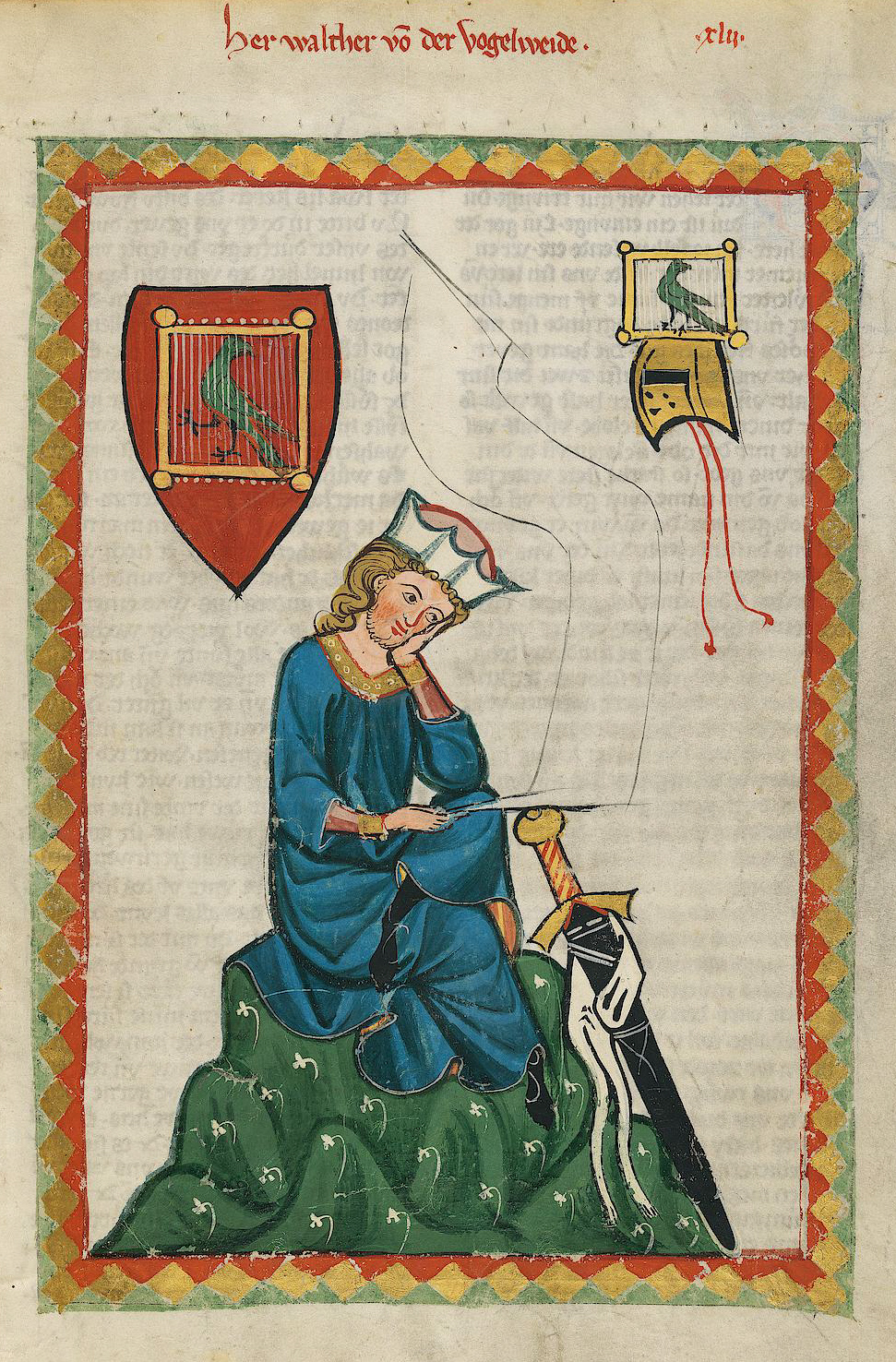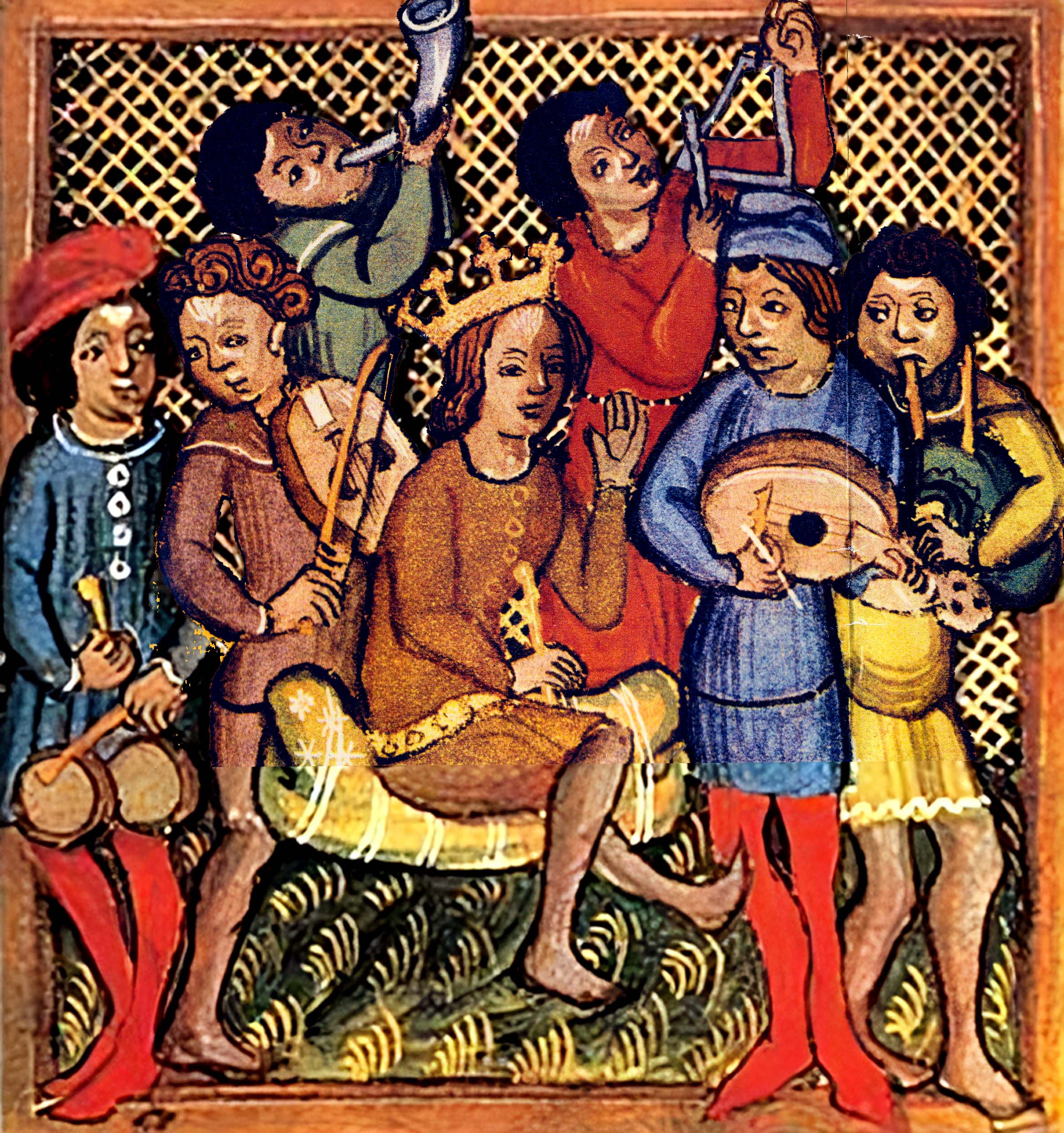|
Eberhard Kummer
Eberhard Kummer (2 August 1940 – 12 July 2019) was an Austrian concert singer, lawyer and an expert of medieval music from Vienna. Kummer was born in Krems an der Donau. He played the hurdy-gurdy, the harp and the guitar, and made important contribution to the restoration of medieval and the Austrian folksong. He received training as a classical bass-baritone. After an initial career as classical singer, he gradually specialized in restoring traditional Austrian folksongs and original medieval music from Europe, such as the German epic Nibelungenlied or medieval Minnelieder. Discography Solo Recordings 1978, 1981: Alt-Wiener Volkslieder. Preiser Records, EMI-Electrola, Cologne (LPs und CDs) 1978: Der Mönch von Salzburg / Cesar Bresgen, Help Austria Records HAS 174. 1984: Das Nibelungenlied. Pan-Verlag, Wien (LP) 1984: Der Mord auf der Mölkerbastei. Pan-Verlag, Wien (LP) 1986: "Lieder und Reigen des Mittelalters - Neidhart von Reuental" . Pan-Verlag, Wien.(LP Nr ... [...More Info...] [...Related Items...] OR: [Wikipedia] [Google] [Baidu] |
Preiser Records
Preiser Records is an independent Austrian record label. It was founded in 1952 by Otto G. Preiser (1920–1996). The label is particularly important for recordings from the Viennese cabaret scene, especially from the 1950s and 1960s ( Helmut Qualtinger, Georg Kreisler, Gerhard Bronner Gerhard Bronner (23 October 1922 in Favoriten, Vienna – 19 January 2007 in Vienna) was an Austrian composer, writer, musician and a cabaret artist, known for his contribution to Austrian culture in the post- World War II period. Life Born ...), and for the re-release of historical vocal recordings in the series ''Lebendige Vergangenheit'', which has been in existence since 1966. Responsible for these two areas was (1937-2010), production and recording manager of Preiser-Records. In 2007, the company had a market share of one percent of the and releases today mainly on CDs. The company has an analogue sound studio in at its disposal. References External links Preiser RecordsPre ... [...More Info...] [...Related Items...] OR: [Wikipedia] [Google] [Baidu] |
Bass-baritones
A bass-baritone is a high-lying bass or low-lying "classical" baritone voice type which shares certain qualities with the true baritone voice. The term arose in the late 19th century to describe the particular type of voice required to sing three Wagnerian roles: the title role in ''Der fliegende Holländer'', Wotan/Der Wanderer in the ''Ring Cycle'' and Hans Sachs in ''Die Meistersinger von Nürnberg''. Wagner labelled these roles as ''Hoher Bass'' ("high bass")—see fach for more details. The bass-baritone voice is distinguished by two attributes. First, it must be capable of singing comfortably in a baritonal tessitura. Secondly, however, it needs to have the ripely resonant lower range typically associated with the bass voice. For example, the role of Wotan in ''Die Walküre'' covers the range from F2 (the F at the bottom of the bass clef) to F4 (the F above middle C), but only infrequently descends beyond C3 (the C below middle C). Bass-baritones are typically divided i ... [...More Info...] [...Related Items...] OR: [Wikipedia] [Google] [Baidu] |
Austrian Jurists
Austrian may refer to: * Austrians, someone from Austria or of Austrian descent ** Someone who is considered an Austrian citizen, see Austrian nationality law * Austrian German dialect * Something associated with the country Austria, for example: ** Austria-Hungary ** Austrian Airlines (AUA) ** Austrian cuisine ** Austrian Empire ** Austrian monarchy ** Austrian German (language/dialects) ** Austrian literature ** Austrian nationality law ** Austrian Service Abroad ** Music of Austria **Austrian School of Economics * Economists of the Austrian school of economic thought * The Austrian Attack variation of the Pirc Defence chess opening. See also * * * Austria (other) * Australian (other) * L'Autrichienne (other) is the feminine form of the French word , meaning "The Austrian". It may refer to: *A derogatory nickname for Queen Marie Antoinette of France *L'Autrichienne (film), ''L'Autrichienne'' (film), a 1990 French film on Marie Antoinette with ... [...More Info...] [...Related Items...] OR: [Wikipedia] [Google] [Baidu] |
2019 Deaths
This is a list of deaths of notable people, organised by year. New deaths articles are added to their respective month (e.g., Deaths in ) and then linked here. 2022 2021 2020 2019 2018 2017 2016 2015 2014 2013 2012 2011 2010 2009 2008 2007 2006 2005 2004 2003 2002 2001 2000 1999 1998 1997 1996 1995 1994 1993 1992 1991 1990 1989 1988 1987 See also * Lists of deaths by day * Deaths by year {{DEFAULTSORT:deaths by year ... [...More Info...] [...Related Items...] OR: [Wikipedia] [Google] [Baidu] |
1940 Births
Year 194 (Roman numerals, CXCIV) was a common year starting on Tuesday (link will display the full calendar) of the Julian calendar. At the time, it was known as the Year of the Consulship of Septimius and Septimius (or, less frequently, year 947 ''Ab urbe condita''). The denomination 194 for this year has been used since the early medieval period, when the Anno Domini calendar era became the prevalent method in Europe for naming years. Events By place Roman Empire * Emperor Septimius Severus and Clodius Albinus, Decimus Clodius Septimius Albinus Caesar become Roman Consuls. * Battle of Issus (194), Battle of Issus: Septimius Severus marches with his army (12 Roman legion, legions) to Cilicia, and defeats Pescennius Niger, Roman governor of Syria. Pescennius retreats to Antioch, and is executed by Severus' troops. * Septimius Severus besieges Byzantium (194–196); the Defensive wall, city walls suffer extensive damage. Asia * Battle of Yan Province: Warlords Cao Cao ... [...More Info...] [...Related Items...] OR: [Wikipedia] [Google] [Baidu] |
Carinthischer Sommer
The Carinthian Summer is a music and cultural festival in the Austrian province of Carinthia. It was founded in 1969 in Ossiach''Carinthian Summer: History'' retrieved 19 August 2021. and since then has been held annually in the months of July and August. Since 1972, also in the city of and since 2003, also at other venues in Carinthia.Carinthischer Sommer , Festival , Ossiach , Villach ''Venues of the Carinthian Summer''. Retrieved 19 August 2021. Programme focus The festival ...[...More Info...] [...Related Items...] OR: [Wikipedia] [Google] [Baidu] |
Minnelieder
(; "love song") was a tradition of lyric- and song-writing in Germany and Austria that flourished in the Middle High German period. This period of medieval German literature began in the 12th century and continued into the 14th. People who wrote and performed ''Minnesang'' were known as ''Minnesänger'' (), and a single song was called a ''Minnelied'' (). The name derives from '' minne'', the Middle High German word for love, as that was ''Minnesang'''s main subject. The ''Minnesänger'' were similar to the Provençal troubadours and northern French '' trouvères'' in that they wrote love poetry in the tradition of courtly love in the High Middle Ages. Social status In the absence of reliable biographical information, there has been debate about the social status of the ''Minnesänger''. Some clearly belonged to the higher nobility – the 14th century Codex Manesse includes songs by dukes, counts, kings, and the Emperor Henry VI. Some ''Minnesänger'', as indicated b ... [...More Info...] [...Related Items...] OR: [Wikipedia] [Google] [Baidu] |
Medieval Music
Medieval music encompasses the sacred and secular music of Western Europe during the Middle Ages, from approximately the 6th to 15th centuries. It is the first and longest major era of Western classical music and followed by the Renaissance music; the two eras comprise what musicologists generally term as early music, preceding the common practice period. Following the traditional division of the Middle Ages, medieval music can be divided into Early (500–1150), High (1000–1300), and Late (1300–1400) medieval music. Medieval music includes liturgical music used for the church, and secular music, non-religious music; solely vocal music, such as Gregorian chant and choral music (music for a group of singers), solely instrumental music, and music that uses both voices and instruments (typically with the instruments accompanying the voices). Gregorian chant was sung by monks during Catholic Mass. The Mass is a reenactment of Christ's Last Supper, intended to provide a ... [...More Info...] [...Related Items...] OR: [Wikipedia] [Google] [Baidu] |

